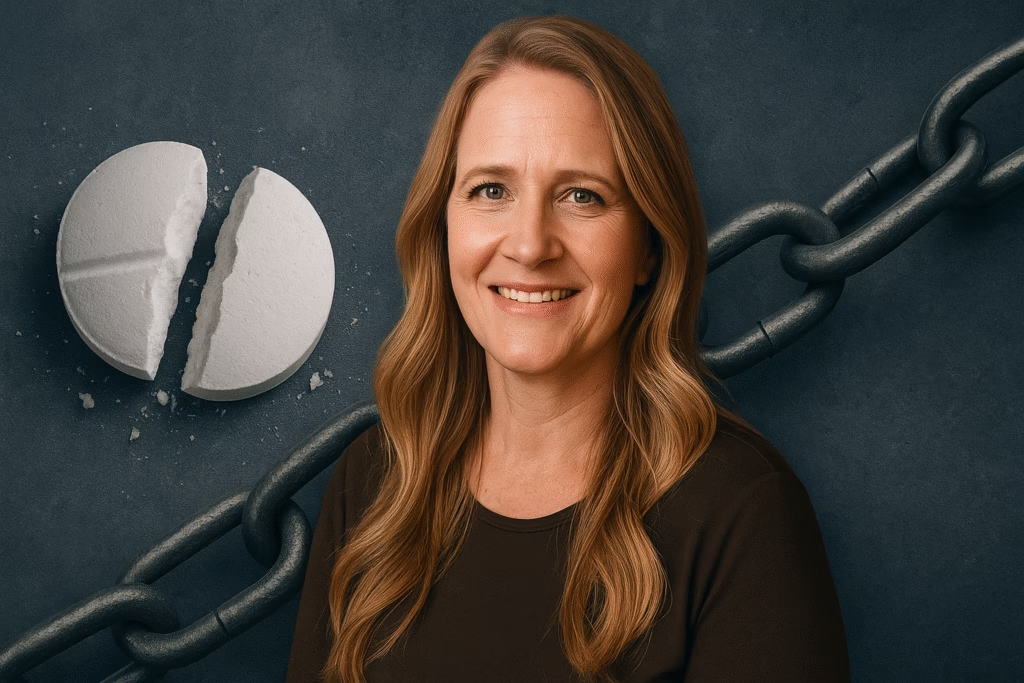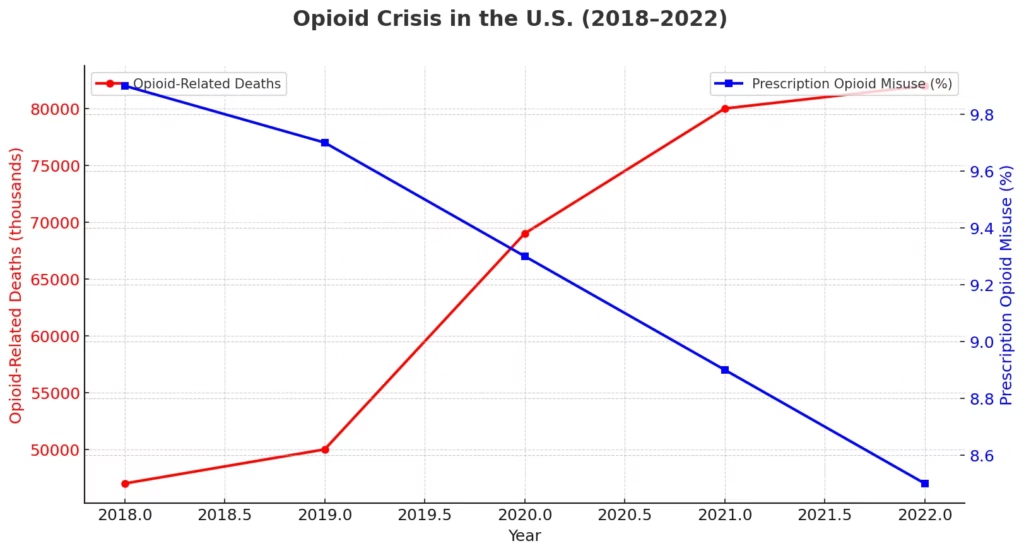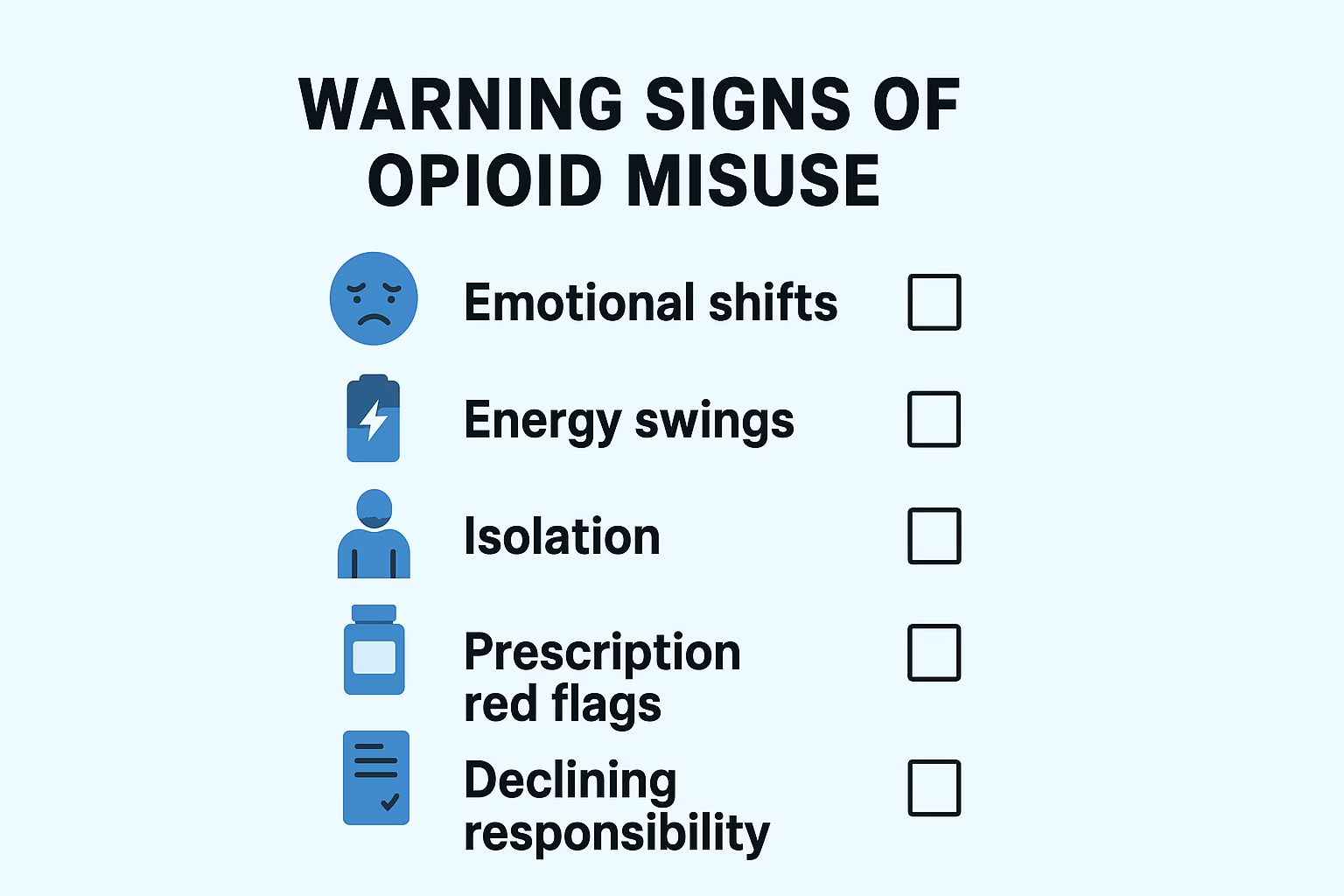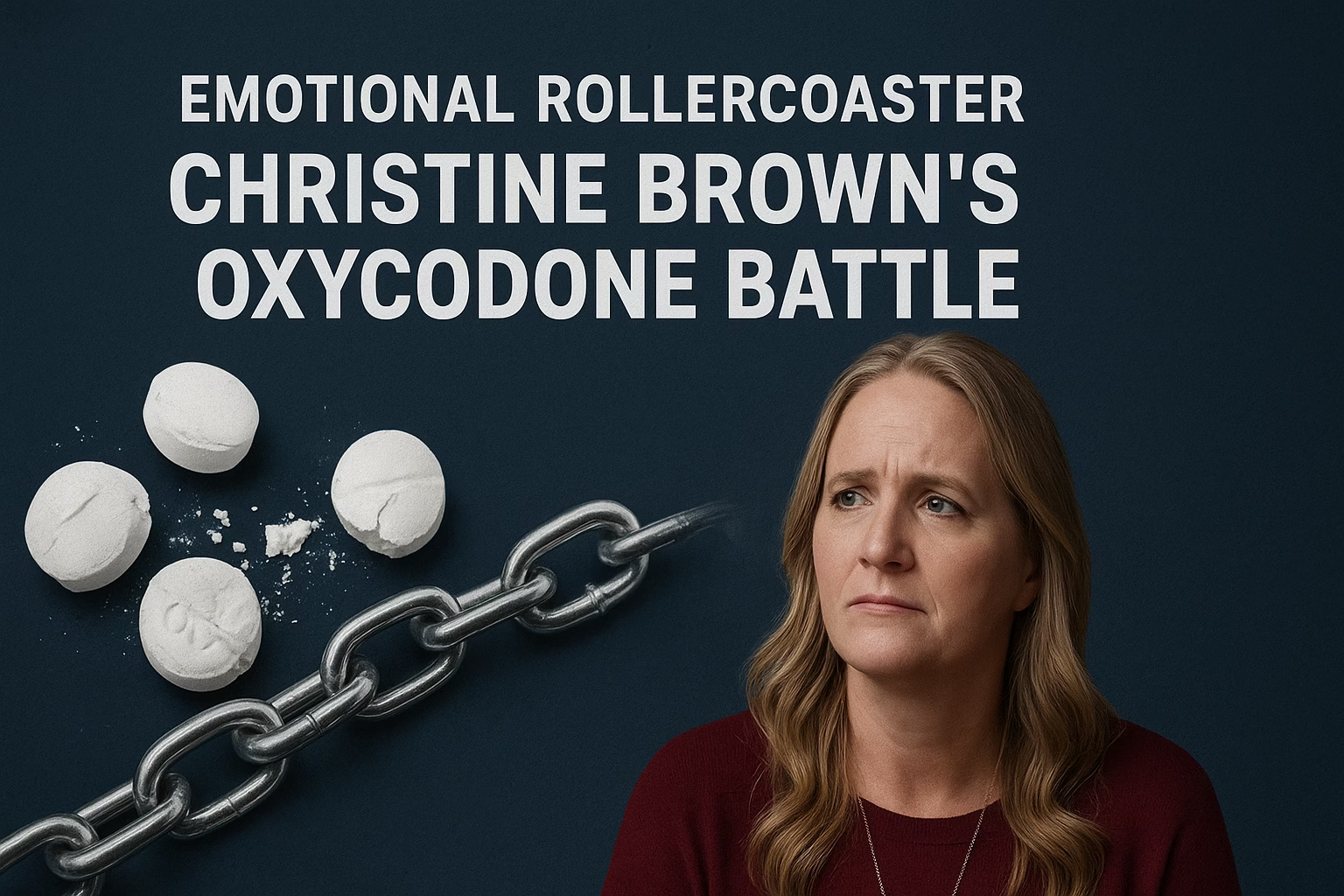Introduction: When a Face You Know Faces a Quiet Epidemic
Someone in the U.S. dies from an opioid overdose every seven minutes. When you finish reading this introduction, another family is broken.
What happens, then, when the person at the center of that issue is someone you recognize from TV?
This is the reason why the story of Christine Brown is so compelling. We saw her on Sister Wives. She smiled and dealt with difficult relationships. Christine lived her life in front of millions of people. But behind the scenes, she faced the same problem many families face. She struggled with an oxycodone addiction.
Her fight isn’t just another headline about a famous person. It’s a strong reminder that addiction can happen to anyone, anywhere. Every family learn something from her story.

Table of Contents
Who Christine Brown Is and Why Her Story Is Important
Christine Brown isn’t only a star on reality TV. People relate to her because she was honest and strong on Sister Wives.
Her story with addiction is important because it is relatable. It shows that addiction doesn’t care who you are.
Christine has turned her private grief into a public lesson by talking about her struggle. Her tale is important because it shows that even people who seem powerful and put-together are weak.
The Bigger Picture: Oxycodone and the Crisis in the U.S.
There is a lot bigger truth behind Christine’s narrative. Oxycodone, which is routinely given to people to help with pain, can slowly turn from relief to addiction.
- More than 2.7 million Americans have opioid use disorder right now.
- Opioids killed more than 80,000 people in 2022. Oxycodone and other prescription medicines are some of the most prevalent ways to get in.
The substance seems like a buddy at first because it makes you feel better and gives you comfort. But with time, it typically turns out to be a cruel enemy.

Christine Brown’s emotional ups and downs
Addiction doesn’t usually go in a straight line. For Christine, it was a wild rollercoaster of ups and downs. There were times when she didn’t want to believe what was happening. She also experienced moments of brutal truth.
At some point, she have felt in charge. The next moment, she have been overwhelmed by desires and sadness.
You know how it feels if you’ve ever loved someone who was addicted. It’s like riding a roller coaster blindfolded—it’s scary, unknown, and you can’t get off.
Christine’s openness to talk about her fight changes how we think about addiction. It is not a moral failing but a disease that needs care and treatment, not judgment.
Things Families Should Look Out For
Addiction doesn’t often make a big deal out of itself. It sneaks in through small modifications until the proof is clear.
Signs that someone is abusing opioids include:
- Changes in mood: being irritable, anxious, or unhappy for no reason.
- Changes in energy: being tired one day and full of energy the next.
- Isolation: staying away from social events or pulling away from family life.
- Prescription red flags: running out of medicine too soon or going to more than one doctor.
- Declining responsibility: not paying bills, missing deadlines, or not doing domestic chores.
👉 Think about a sibling who used to be full of life. Now they skip family gatherings. They get argumentative when asked simple things. They always seem to be tired. You think it’s just tension at first, but then you find concealed medication bottles.

The Unseen Cost to Families
Addiction doesn’t simply hurt the person who is addicted; it hurts everyone around them as well.
Christine’s family probably felt scared, frustrated, and tired because of her fight. A lot of families in the same circumstances say the toll is too much to handle:
- Emotional exhaustion: worrying all the time hurts your mental health.
- Financial stress: paying for treatment, medical bills, or missed income.
- Stigma and shame: fear of being judged often stops people from talking openly.
- Eroded trust: keeping secrets and lying breaks relationships.
Studies suggest that 70% of families with addiction also have long-term mental health problems, like anxiety and depression.
The Turning Point for Christine Brown
Every story of recovery has a moment of clarity. This moment occurs when it becomes too much to keep going down the same path.
Christine Brown’s turning point came when she realized something crucial. Her health depended on getting treatment. Her future also relied on it. Additionally, her family’s well-being was at stake.
Getting better isn’t glamorous. It includes withdrawal, therapy, hard talks, and occasionally setbacks. But it also gives you strength, steady development, and new hope.
A very significant point is demonstrated by her experience, which is that it is never too late to start over.
What Families Can Learn
Christine Brown’s fight teaches families that are going through the same things some useful things:
- Talk about addiction early and often. Not talking about it makes you feel ashamed. Talking to each other fosters trust.
- Get help from a professional. You can’t do it alone; you need help from an expert.
- Be kind, not judgmental. Every little step ahead is important.
Demi Lovato and Robert Downey Jr. are two well-known individuals who have demonstrated that it is possible to recover from addiction. The story of Christine adds to this chorus of hope. It demonstrates that troubles do not have to be the determining factor in the future.
Things Families Can Do
Here are some things you can do right now if you are helping a loved one with addiction:
- Join a support group like Al-Anon, Nar-Anon, or community-based groups.
- Learn about opioids—knowing how addiction works can help you feel less scared and ashamed.
- Keep naloxone at home. This drug can save lives by reversing overdoses.
- Make clear rules. Being kind doesn’t imply letting people do bad things.
- Celebrate important events. One modest win at a time helps you get better.
👉 You can’t control addiction, but you can control how you react.
Getting rid of the stigma
Christine Brown’s bravery does more than help her heal; it also helps break down stereotypes.
People commonly call addicts “junkies” or “failures.” But Christine’s tale shows us that addiction is a health problem, not a defect in character.
Language is important. People recover when we choose to be understanding instead of judgmental. Talking instead of being quiet also helps.
What Christine Brown’s Journey Teaches the United States
Christine’s fight with oxycodone is her own. But, it is also a fight that is happening all over the country.
She makes it public to raise awareness. She urges families to get assistance. She pushes communities to deal with the opioid issue.
Her narrative is like a lone flame in a gloomy room. By itself, it doesn’t light up the whole room. But when mixed with many others, it can chase away the gloom.
Conclusion: Hope, Healing, and Things We Can Learn
Christine Brown’s story is more than just a personal battle; it’s a guide for families going through the opioid crisis.
Here is a list of five things that you can do right away:
- Notice the danger indicators early. Don’t disregard small changes.
- Talk about the hard things. Addiction grows when you don’t talk about it.
- Get professional help. You need help and knowledge to get better.
- Always show compassion. Judging hurts; empathy heals.
- Keep optimism alive. Recovery isn’t a straight line, but it’s always possible.
👉 If Christine Brown’s story touched you, then please share this post with your friends. Leave a comment below. You can also sign up for more true tales and guides.
We can raise awareness and help those in need together.
Last thought: Addiction seems like the darkest night. Christine Brown’s story shows that even in the darkest times, recovery is possible.
Discover more from NewsBusters
Subscribe to get the latest posts sent to your email.

1 thought on “Emotional Rollercoaster: Christine Brown’s Oxycodone Battle—What Families Can Learn”